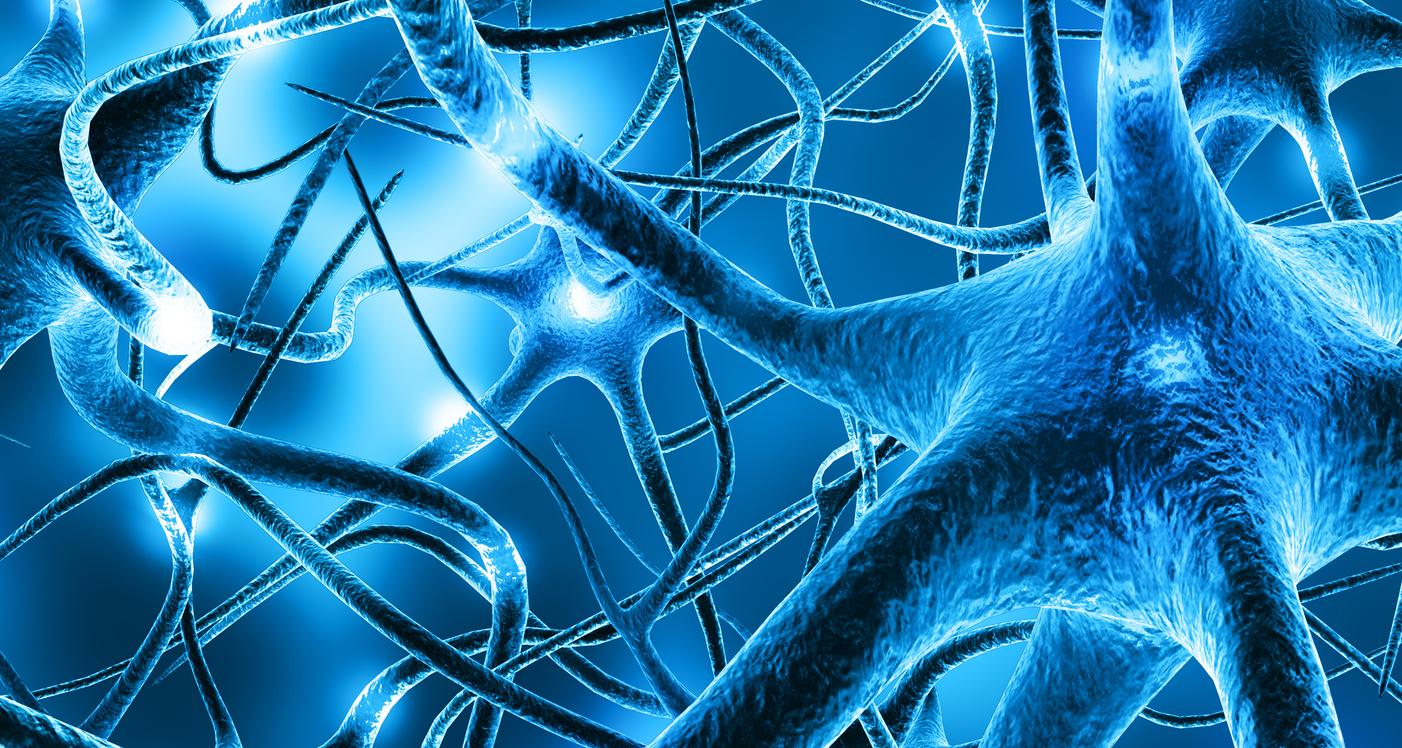Watching the news obsessively can make us both mentally and physically sick.

- For many people, reading bad news can cause feelings of helplessness and temporary distress.
- “In the case of news addiction, patients may decide to stop or reduce their news consumption if they perceive that it has negative effects on their mental health,” according to the researchers.
Continuous news on television, radio in the background, rain of notifications announcing brief news… Some people have an obsessive need to constantly check the information. According to scientists from Texas Tech University (USA), this addiction is associated with poor mental and physical health. To reach this conclusion, the researchers carried out work published in the journal Health Communication.
1,100 attendees
As part of this study, the team analyzed data from an online survey of 1,100 American adults. In this survey, respondents were asked to what extent they agreed with statements such as “I am so absorbed in the news that I forget the world around me”, “my mind is often occupied by thoughts related to the news” or “I find it hard to stop reading or watching the news”. Respondents also answered questions about how often they are stressed or anxious and have physical complaints, such as fatigue, pain, trouble concentrating and gastrointestinal problems.
Mental and physical discomfort
According to the results, 16.5% of the participants showed signs of problematic information consumption. According to the authors, greater mental malaise and poorer physical health were observed in volunteers with news addiction compared to those without, even after controlling for their demographics and character traits. .
In detail, 73.6% of news-dependent adults said they had suffered from mental disorders. Another observation: 61% of participants suffering from an addiction to information admitted to feeling a “light” or “very important” physical discomfort.
“A vicious circle”
“Witnessing certain events unfold (pandemic, the invasion of Ukraine, shootings, fires, etc.) on television news can lead to a permanent state of alert in some people, encouraging them to watch more often. the news and making the world look like a dangerous place,” explained Bryan McLaughlin, author of the work, in a statement.
“For these people, a vicious circle can develop, in which, instead of disconnecting, they are even more drawn in, obsessed with information and checking for updates around the clock to relieve their emotional distress. doesn’t help them, and the more they check the information, the more they start to disrupt other aspects of their lives.”he continued.
According to the authors, the findings show the need for media literacy campaigns to help citizens develop a healthier relationship with the news.


















